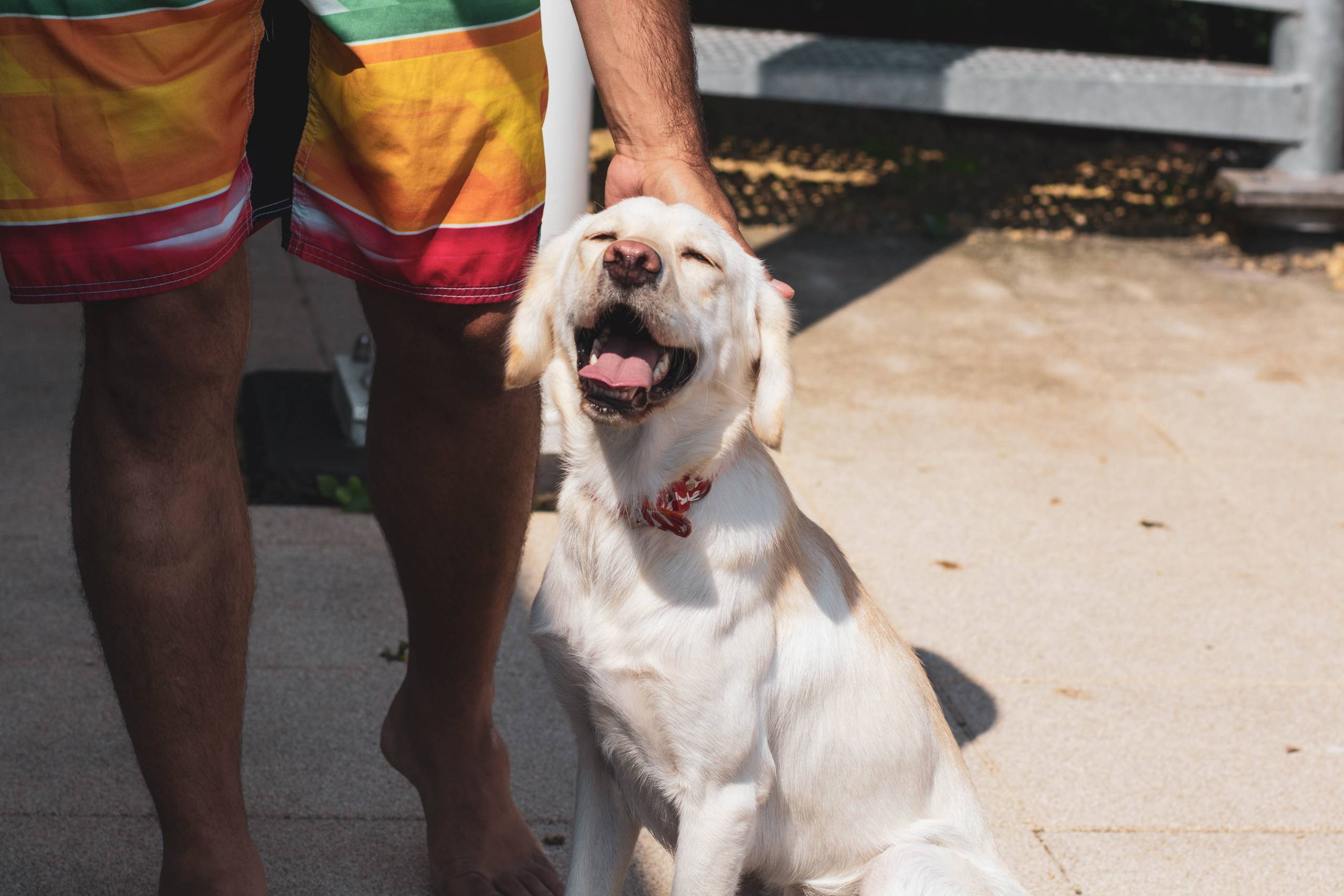
Your dog’s health is a top priority. When your dog isn’t eating, it’s natural to feel concerned. Just like us, dogs can have off days when they don’t feel like eating much. However, if this behavior continues, it could be a sign of an underlying health issue. It’s important to monitor your dog’s behavior and eating habits closely, as changes in appetite can be an early warning sign of potential health problems.
Stress and anxiety can affect dogs too. Dogs can experience stress and anxiety, just like humans. Changes in their environment, routines, or even the addition of a new family member, whether human or animal, can cause stress for your dog. This stress can lead to a decreased appetite. Just as we might lose our appetite during stressful times, dogs can also experience a loss of interest in food when feeling anxious.
Dental issues can impact your dog’s ability to eat. Just like humans, dogs can suffer from dental problems that make eating painful or difficult. If your dog is experiencing tooth pain, gum disease, or other dental issues, it can significantly decrease their interest in food. Keep an eye out for any signs of discomfort while eating, such as pawing at the mouth or chewing on one side.
Digestive problems could be the cause. Digestive issues, such as an upset stomach, indigestion, or constipation, can affect your dog’s appetite. Just as we might lose our appetite when our stomach isn’t feeling well, dogs can also experience a lack of interest in food when they are experiencing digestive discomfort. Keep an eye out for any changes in your dog’s bathroom habits or signs of discomfort after eating.
It’s essential to consult your veterinarian. If your dog isn’t eating as usual, it’s vital to consult your veterinarian. They can help determine the underlying cause of your dog’s decreased appetite and provide appropriate treatment. Your vet may conduct a thorough physical examination, run tests if necessary, and provide guidance on how to address your dog’s specific situation.
Remember, every dog is unique. While these reasons can shed light on why your dog might not be eating, it’s important to remember that every dog is an individual. What might be true for one dog may not be for another. If you’re concerned about your dog’s eating habits, it’s always best to seek professional advice from a qualified veterinarian. By understanding the potential reasons behind your dog’s decreased appetite, you can take the necessary steps to address the issue and ensure your furry friend remains happy and healthy.[/fusion_text]



